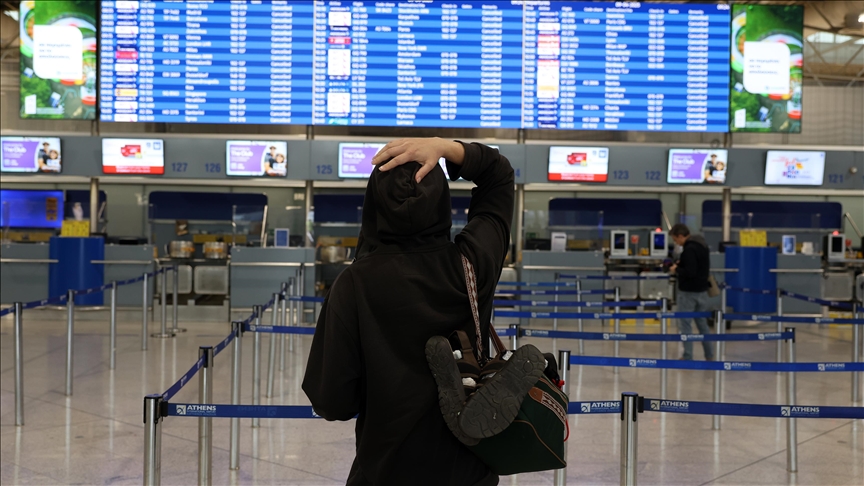it’s hard to break up with Tel Aviv
As Washington’s Greater Middle East Initiative looms, Turkey and Israel will become more attached to each other, especially under Mr. Erdogan’s Islamist but pragmatist governance.
The Israelis are well aware of the facts — that Mr. Erdogan’s sudden bravado in defense of poor Palestinians is part of a broader game. They even helped him play to his grassroots supporters when they revealed his "tough words" to the press, naturally, in a tone of complaint — also part of the game.
Last week, Yosef Paritzky, Israel’s Infrastructure Minister, said that he was astonished when Mr. Erdogan labeled Israel a terrorist state during a meeting in Ankara. Mr. Paritzky said he even considered walking out of the meeting. Mr. Erdogan, according to Mr. Paritzky, also declined an invitation to visit Tel Aviv. All that is probably the play-acting part.
But Mr. Paritzky talked reality too when he said, "Mr. Erdogan’s tough words would not weaken the strong military and economic ties between Israel and its sole Muslim ally." Now the man is talking!
As a matter of fact, Mr. Paritzky was in Ankara to witness the signing of a $800 million deal between Israel’s Dorad Energies Ltd. And Turkey’s Zorlu Holding for the construction of three natural gas power stations in Israel, for many, a symbol of the close ties between Turkey and Israel.
But real-politik often surpasses the public sentiment. A parliamentary debate in Ankara over the plight of Palestinians produced a warning that excessive force would further encourage terrorist groups, but not a formal condemnation. Well, there is more action for domestic consumption too.
Foreign Minister Abdullah Gul said that he was considering upgrading Turkey’s diplomatic representation to the Palestinian territories by appointing an ambassador while hinting that he might recall the ambassador to Israel for consultations. All that may give some relief to an increasingly anti-Israeli Turkish public, but will not alter in any way the fundamentals of the strategic partnership on the Ankara-Tel Aviv axis. As violence subsides, the cosmetic confrontation will subside too.
There are a number of reasons why Turkish governments, especially Mr. Erdogan’s, cannot give up Jewish friends in Israel and in the United States.
Firstly, the military and security cooperation between Ankara and Tel Aviv is multi-dimensional, based largely on the perception of a "common security threat." Arabs are the political adversaries for both countries, and radical Islamist terror is a common enemy. Turkish and Jewish mourners for the victims of suicide bombings against two Istanbul synagogues last November are still cruelly fresh memories.
Secondly, Israeli defense companies are so well established within the Turkish procurement system that only God’s hand could kick them out of this lucrative market. It should come as no surprise if the Turkish military soon decides to award a fresh list of multibillion dollar Air Force contracts to Israeli weapons manufacturers "without international competition."
Thirdly, and perhaps most importantly, the bigwigs in Washington think it would be in their best interests if the Turks and Israelis discreetly enhanced their alliance for a safer and more stable Middle East, now being enlarged.
It is a sine qua non for the U.S. Greater Middle East Initiative that Turkey maintains and even deepens political/security partnership with Israel. Turkey and Israel have different roles but common goals under the U.S. plan — Turkey’s role is to pose as a model Muslim state, and Israel’s is to have a low-profile appearance while playing its part discreetly.
Turkey and Israel are attached to each other with so solid strings that minor things like sporadic Israeli violence or the deaths of a bunch of Palestinians cannot break them up.



